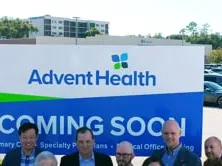- AdventHealth
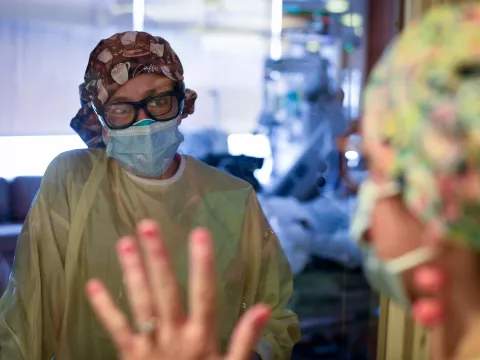
The vast majority of patients hospitalized with severe COVID-19 are unvaccinated.
AdventHealth hospitals across the country are experiencing a surge in unvaccinated patients with severe COVID-19 as the highly contagious Delta variant becomes the dominant form of the virus. In response, the health system has expanded ICU capacity at many of its hospitals, significantly invested in equipment for COVID-19 care and protection, deferred non-emergent elective surgeries in some hospitals, deployed strategies to support its team members and more.
“The number of COVID-19 hospitalizations we are seeing in nearly all of our communities has grown to an all-time high that dwarfs all previous surges of the virus,” said AdventHealth’s Chief Medical Officer Brent Box, MD. “The Delta variant has proven to be much more transmissible and is causing severe illness in younger people under age 40 much more often than we saw earlier in the pandemic.”
In July, AdventHealth’s Central Florida Division moved to black status, the health system’s highest crisis escalation level, which allows for team members and other important resources to be redeployed to respond to the surge of COVID-19 patients. Other communities in the health system’s national footprint are seeing increases in hospitalizations and ICU admissions as well, all with one thing in common - the vast majority are not fully vaccinated.
“Nearly all of our patients across the country who are hospitalized with severe COVID-19 are not vaccinated. This adds to mounting evidence of the vaccine’s efficacy, even against the Delta variant,” said AdventHealth CEO Terry Shaw in a recent LinkedIn post about the surge in hospitalizations.
“This is unfortunately a crisis of unprecedented proportions,” said Vincent Hsu, MD, executive director of infection prevention and epidemiologist, on a recent AdventHealth Morning Briefing. “This is two times the amount of COVID patients we had during the winter peak.”
He noted the latest trends are showing some positive signs.
“We do see some light at the end of the tunnel,” Dr. Hsu said. “The growth that we have is slowing … we can still avert a worsening of the surge with vaccination, wearing masks and distancing whenever possible.
Recent News
AdventHealth purchases 17 acres in DeLand
AdventHealth purchases 17 acres in DeLand
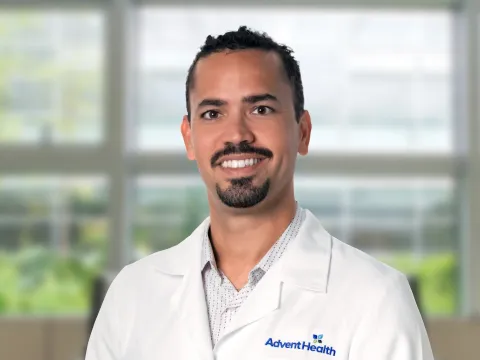
Albit Paoli, MD joins AdventHealth Medical Group Orthopedics & Sports Medicine
AdventHealth is pleased to announce that Albit Paoli, MD, has joined AdventHealth Medical Group Orthopedics & Sports Medicine at Calhoun and AdventHealth Medical Group Orthopedics & Sports Medicine at...
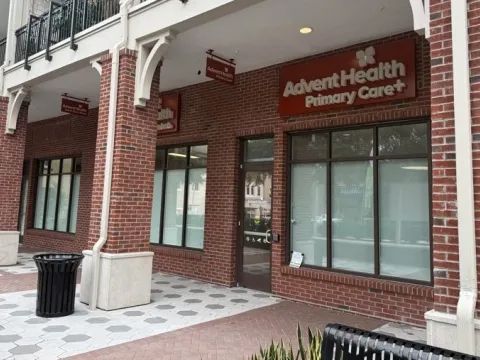
AdventHealth expands access to primary care in the heart of DeLand
AdventHealth has opened a new Primary Care+ location in the heart of downtown DeLand, giving residents a simple way to get everyday care close to where life happens. The primary care practice offers...

Fueling healthy futures for Flagler’s student athletes
Early practices, full class schedules, and evening games can push student athletes to their limits, and proper nutrition is essential to keeping them strong and focused. AdventHealth has introduced...
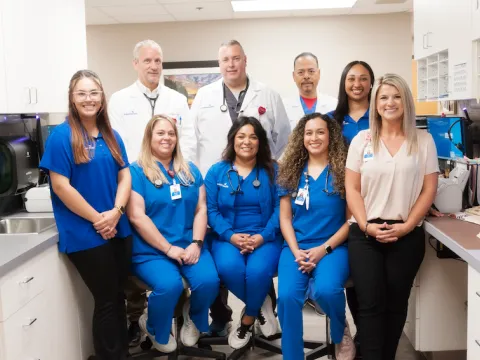
AHMG Cardiology at Dalton earns nuclear cardiology accreditation
AdventHealth Medical Group Cardiology at Dalton has earned a three-year accreditation in Nuclear Cardiology from the Intersocietal Accreditation Commission (IAC).

New orthopedic provider expands access to compassionate care for families in WNC
AdventHealth is welcoming Beth Mitchell, PA-C, an experienced orthopedic provider bringing warm, whole-person care to patients across Haywood County and the surrounding Western North Carolina region.

When seconds count: How a community of heroes saved one little girl
It was a day like any other — until the phone rang. For Ellison’s mom, that call froze time: “You need to get here right away.”

AdventHealth expands neurology services in West Volusia
Board-certified neurologist Dr. Zarmina Mufti has joined AdventHealth Medical Group and is now caring for patients at AdventHealth, expanding access to expert, whole-person neurological care for...

Avon Park man receives innovative, non-invasive prostate treatment now available in Highlands County
When Marc Marasigan went to the Emergency Department at AdventHealth Sebring, he thought he was dealing with a stubborn fever and some back pain. Instead, that visit uncovered a kidney stone and a...
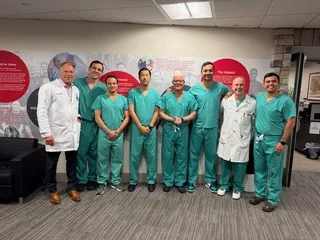
Pursuing excellence in knee surgery: Colorado Joint Replacement hosts Insall Traveling Fellowship
The international program that brings leading knee surgeons together to learn, collaborate and elevate the future of joint care.
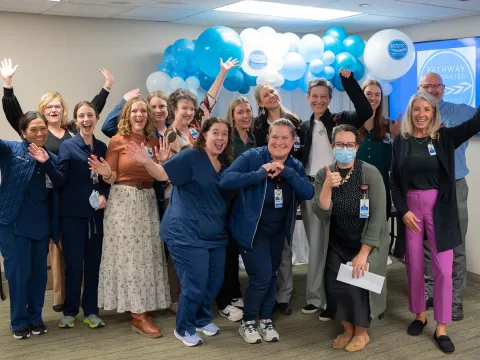
Strengthening patient care in WNC: AdventHealth Hendersonville earns new nursing recognition
AdventHealth Hendersonville has been designated as a Pathway to Excellence® organization by the American Nurses Credentialing Center (ANCC), a recognition that highlights the hospital’s commitment to...

An ocean between them, and a calling that reunited them
After seven years apart, sisters Maricar Olsen and Ermeliza Ortiz were reunited in a place they both now call home. Their journey from the Philippines to Central Florida is a story of faith, family...

